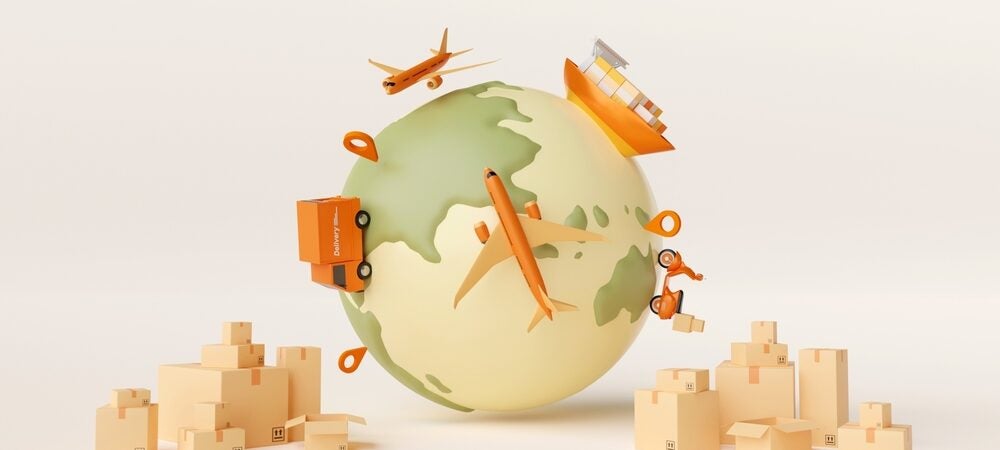Amidst the COVID-19 pandemic, the reconstruction of global supply chains is being premised on geopolitics rather than just economic efficiency facilitated by globalisation. This is an unprecedented endeavour. Global supply chains in various industries have evolved based on the specific economic advantages of different countries in contributing to the diverse stages of the supply network. These advantages range from being a supplier of raw materials, intermediates, parts and components, to having the ability to design and market. Producers from different countries with distinct advantages were brought together to maximise economic efficiencies, but this rational is now being contested by geopolitical developments. Economic efficiency alone is no longer the driver of supply chains, with geopolitical imperatives becoming significant factors in the organisation of such networks.
This brief attempts to assess the feasibility of geopolitically-driven efforts to reorient supply chains. It reflects on the character of supply chain disruptions before and after the outbreak of COVID-19 to understand how geopolitics has become a major driver of such networks. It reviews the prospects of the economic fundamentals of supply chains aligning with the geopolitical push. It argues that efforts to reorganise supply chains by multi-country coalitions such as the Quadrilateral Security Dialogue (Quad) will encounter challenges as they try to reconcile geopolitical imperatives with economic efficiency.
The-Geopolitical-Imperative-for-Reorganising-Global-Supply-ChainsTo read the full issue brief from the Observer Research Foundation, please click here.

